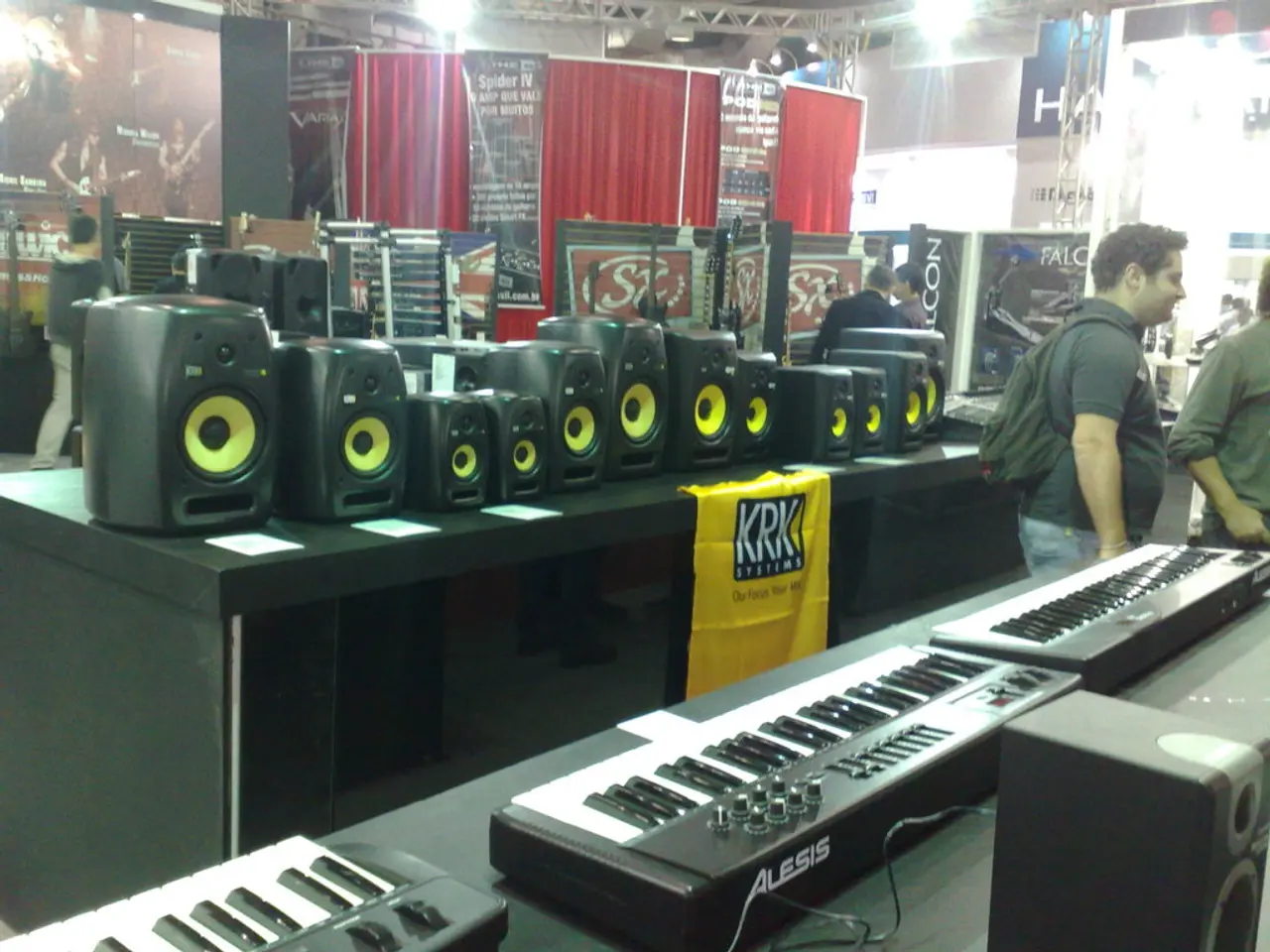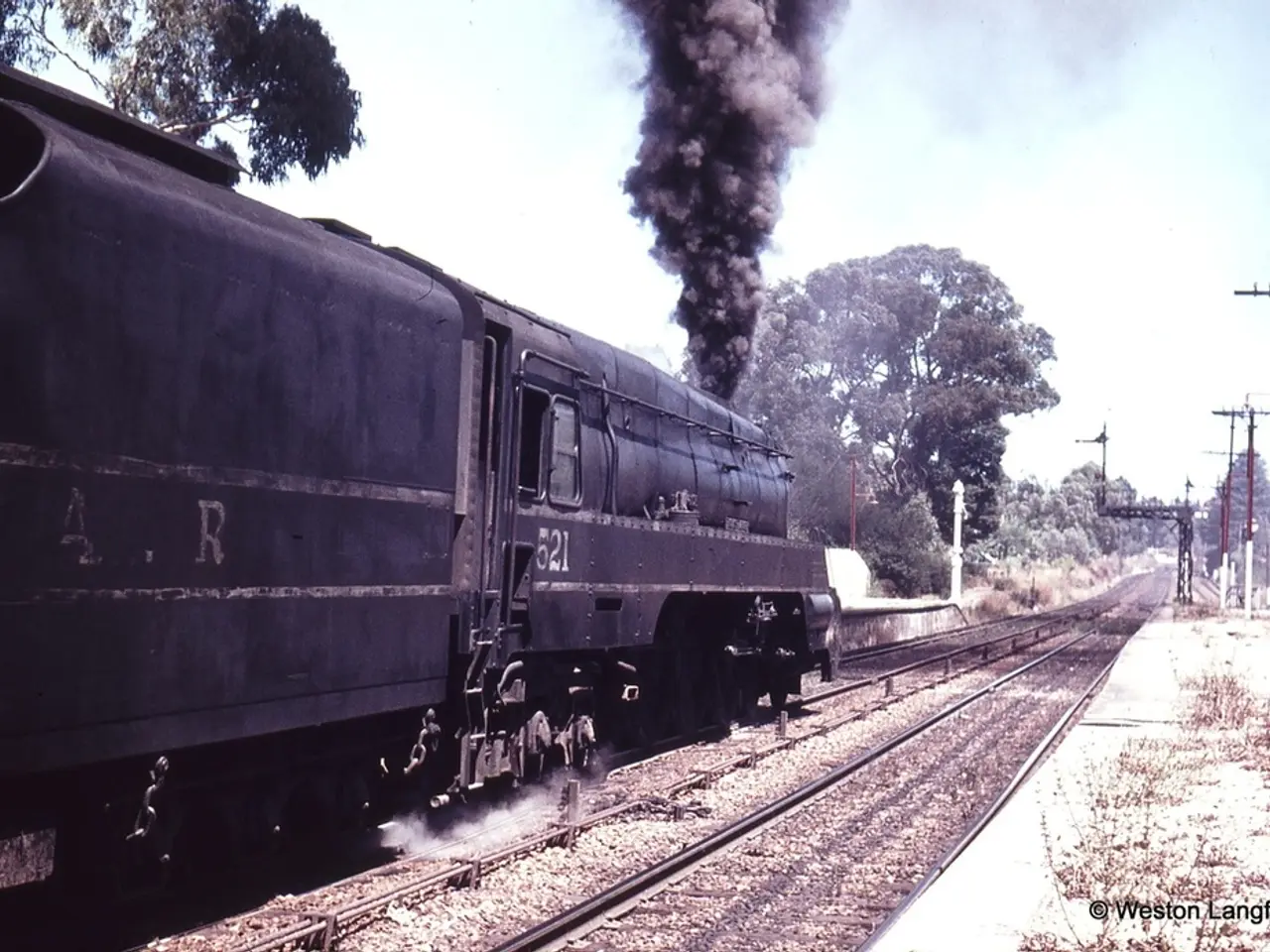Money as an Inessential Component in Economic Prosperity
In the realm of economic resources, money plays a unique role distinct from land, labor, capital, and entrepreneurship. Unlike these factors of production, money is not a resource that directly contributes to the creation of goods and services.
Money serves as a medium of exchange, facilitating transactions and enabling the acquisition of productive resources. It is not a productive resource itself, as it does not produce goods or services directly.
Land, for instance, is a natural resource used directly in production, providing raw materials such as soil, minerals, and water. Labor represents human effort applied in the production process, while capital encompasses man-made goods used in production, like machinery, tools, and buildings. Entrepreneurship, the driving force behind business ventures, combines these factors and innovates to create new products and services.
Money, on the other hand, allows businesses to purchase these productive resources. For example, a furniture business might use money to pay for the wood required to manufacture their products. However, money cannot be used to process raw materials or components in the production process.
Money is essential for economic activity due to its role in reducing transaction costs and enabling the efficient allocation of resources. It functions as a unit of account, allowing us to judge the value of an item. It also serves as a means to store wealth.
Businesses pay wages or salaries to workers with money, and they use it to buy capital goods such as machinery and equipment. Money does not increase productivity or output directly, but it supports the production process by making trade and coordination possible.
It is important to note that goods and services are scarce due to the scarcity of productive factors, not due to money. An abundance of money can lead to high inflation and even hyperinflation, but it does not increase the availability of goods and services.
In conclusion, money's role in production is to act as a medium of exchange and facilitate the acquisition and combination of productive resources. However, it is not itself an economic resource that directly contributes to production. The actual creation of goods and services depends on the productive factors, while money supports the process by enabling trade and coordination.
Money acts as a medium that enables businesses to acquire productive resources like labor, land, and capital, such as the wood for a furniture business. It also facilitates the payment of wages or salaries to workers and the purchase of capital goods, although it does not directly increase productivity or output.
In the business world, money is essential for reducing transaction costs, enable the efficient allocation of resources, and function as a unit of account. However, unlike factors of production such as land, labor, capital, and entrepreneurship, money does not produce goods or services directly.







